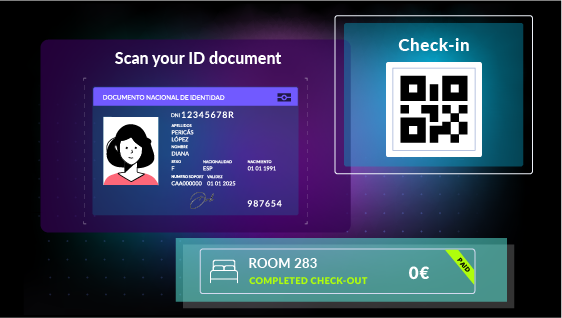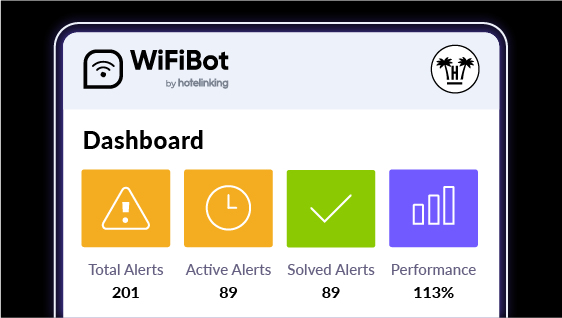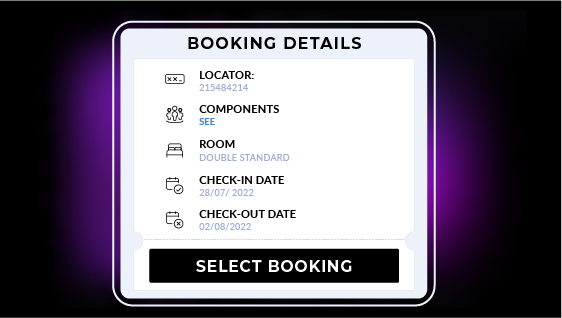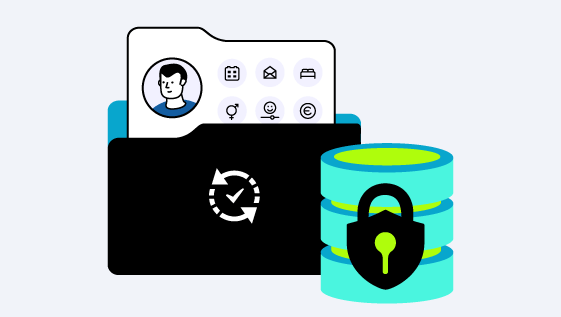
Rafel Crespí Cladera (UIB and Cátedra Banca March de la Empresa Familiar): “Hotel companies have a large amount of information that can generate a lot of added value when managed properly.”
Rafel Crespí Cladera is Business Administration Professor at the UIB and Manager at Cátedra Banca March de la Empresa Familiar.
As a Bulk Data Analysis in Economics and Business Professor for the UIB’s master’s degree program, what key messages do you want students to take home?
We have a heterogeneous group of students from different backgrounds of study. They include mathematicians, physicists, computer scientists, economists and business administrators, and I try to show them how bulk processing data-based activities can add value either to new business projects or can represent elements which add value to an existing sphere of companies.
In your opinion, is data highly valuable in the hotel industry?
The value of information is perhaps more palpable in the hotel industry than in most others. On the one hand, it involves detailed knowledge of guests’, or potential guests’ behaviour and preferences so more “customised” and high added value services can then be offered, satisfying guests even more. On the other hand, optimization of processes means we can adjust production functions with lower costs but without losing quality when providing services.
What are some of the top advantages that process automation offers hotel companies?
We must remember that in hotels we provide services with a strong labour component. In other words, they are services provided by people. Even so, progress in the so-called IoT (internet of things) adds value and optimises processes either through satisfaction elements such as introducing domotics into rooms, or by monitoring movement flows, guest behaviour and the activities they choose.
Do you think that tourism companies are incorporating the technological solutions they have at their disposal early enough, or at a good pace?
I believe that we can distinguish two levels: the first, leading organizations who develop new technological proposals and turning them into a claim for customers who want them. Then we have the technological solutions that become widely used ‘commodities’. Efficient pricing policy management is impossible without an algorithm-based earnings management structure that includes a myriad of real-time variables.
Hotelinking have published the book Hotel Data, the technological revolution that the hotel sector was waiting for. Do you believe that data management in the hotel industry is a revolution?
Combining the use of internal data or data generated by the company itself, and its exploitation with duly crossed public data, offers us powerful tools that add value to the hotel. It is not only about reducing external dependence on intermediation, which is a basic challenge, but also about using data internally to improve internal processes and customer satisfaction. This encourages guests to return to hotels and boosts the brand’s reputation.
You are a Manager of the Cátedra Banca March de la Empresa Familiar. Large chains such as Iberostar, Piñero, RIU or Meliá are family businesses, but smaller ones are also. Are family businesses more reluctant to implement technology solutions?
I believe that reluctance or greater use of technology is not determined by the type of establishment. Large family hotel chains have been pioneering and highly competitive in their development and incorporation of emerging technologies. Perhaps the distinction lies in managers’ attitudes towards technology, and sometimes, the ability to implement it financially. This is usually determined by the size of the establishments or chains.
Succession is one of the critical moments in a family business, when the business is passed from one generation to the next. Are younger generations more committed to innovation?
Without a doubt. However, this is not exclusive to family businesses, although most noticeable in this type of organizations when several generations are often working together in management. The new generations that join family businesses have undergone training and have often had experience outside the family company. This equips them with valuable skills that can be applied to the family company when they join. All this plus their involvement with the inherited project provide key ingredients for success.
What role do you think technology plays in the continuity of family businesses in the tourism sector?
At certain levels, technology is already a commodity and a standard. It is therefore adopted or taken off the market. I do not think this element is solely attributable to family businesses. Those operating in more traditional sectors certainly also have the potential to incorporate innovations and to be competitive.
The pandemic sped up the digitization process in many independent chains and hotels. Nonetheless, what changes still need developing?
In some cases, it’s simply about following leaders and adopting (buying) existing technology as it becomes available. However, I believe that hotel companies have a lot of information that can generate a lot of added value (even if the gains are marginal) when managed properly and can boost their reputation and ranking.
Finally, what processes must be automated in the short, medium and long term in the tourism ecosystem?
Looking ahead, the trade-off is estimating the right combination of technology / data / automation and services offered by people. Being able to replace, mechanise, and standardise certain processes, in a customised way, is essential if we are to save costs, and boost customer satisfaction. However, services should still be personalised. Recruiting qualified employees who understand and complement the appropriate balance of algorithms / people is therefore key.








